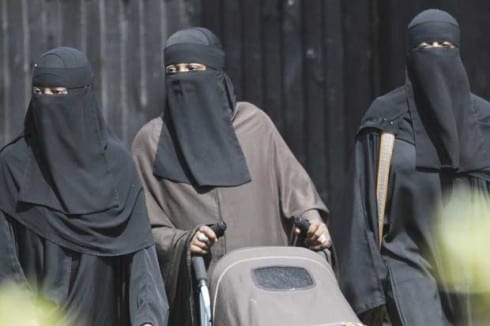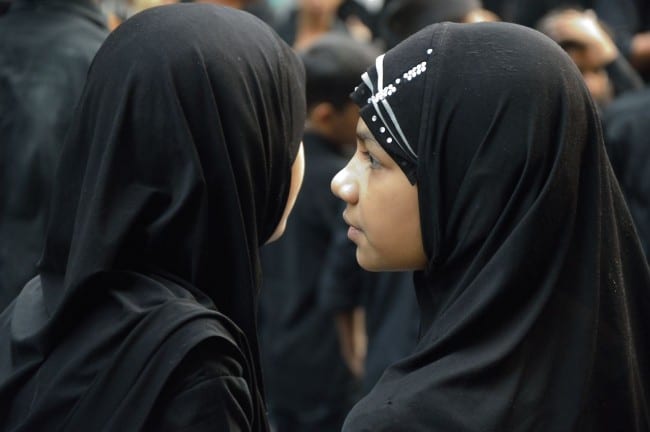THE highest level of the European Court ruled on July 16 that companies may prohibit women from wearing religious face coverings in the workplace.
The ruling is likely to bring the contentious issues of religious freedoms and freedom of expression to the forefront of public attention once again.
Two different Muslim women, in Germany, brought their employers to court, held in Luxembourg, for suspending them for wearing headscarves at work. They worked at a child care centre and a pharmacy respectively.
Both employers suspended the women for wearing hijabs (a traditional headscarf which covers the head and shoulders) as it broke their companies’ policies of presenting religious neutrality.
The court ruled that employers may ban ‘visible forms of expression of political, philosophical or religious beliefs in the workplace’ if they wish to present ‘a neutral image toward customers or to prevent social disputes’.

This ruling brings into question if the women’s right of freedom of religious expression was infringed upon.
In the EU court’s eyes, in the case of the child care employee’s case, her suspension was non-discriminatory: the employer had also asked another worker to remove their religious cross.
Human rights organisations and some newspapers, such as Aljazeera say that rulings like these are ‘authorising discrimination’ against muslim women. They say this comes amid a context of growing ‘anti-Muslim hatred across Europe, a rising amount of anti-Muslim violence’.
In France and Germany wearing of face veils and religious clothing is regulated heavily. In France, it has been banned since 2011 to wear veils in public.
Spain and the United Kingdom are more progressive however and have no such restrictions. Spain has a Muslim population of 2.1 million people and Islam the second most worshipped religion in the country, behind Catholicism.
Though this EU court ruling sets a precedent for similar action in the future for Spain.
READ MORE:
Click here to read more News from The Olive Press.








